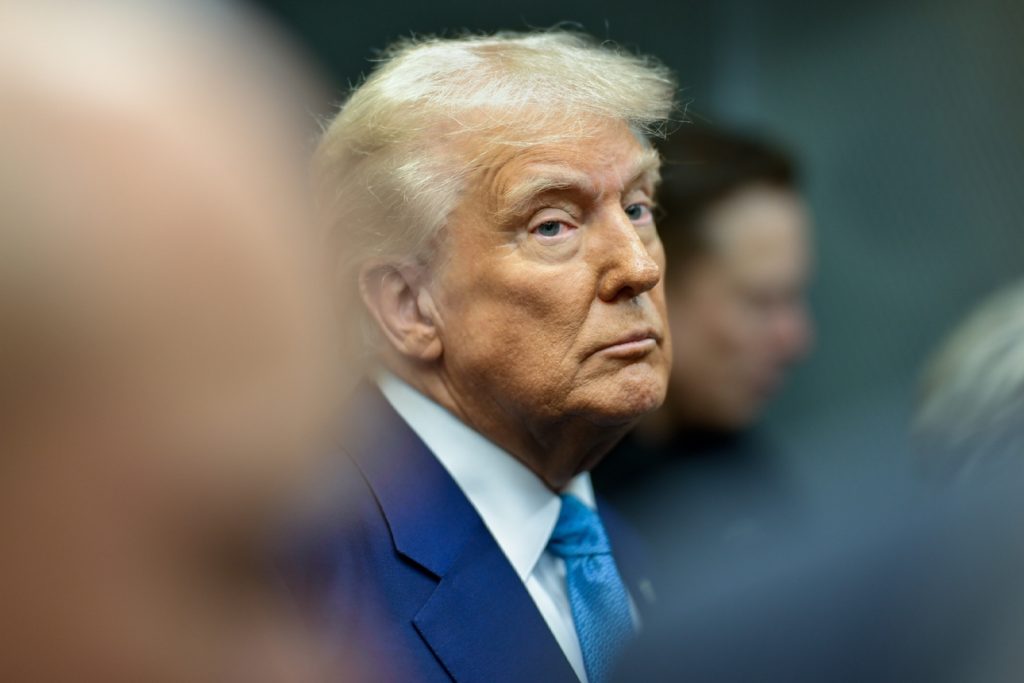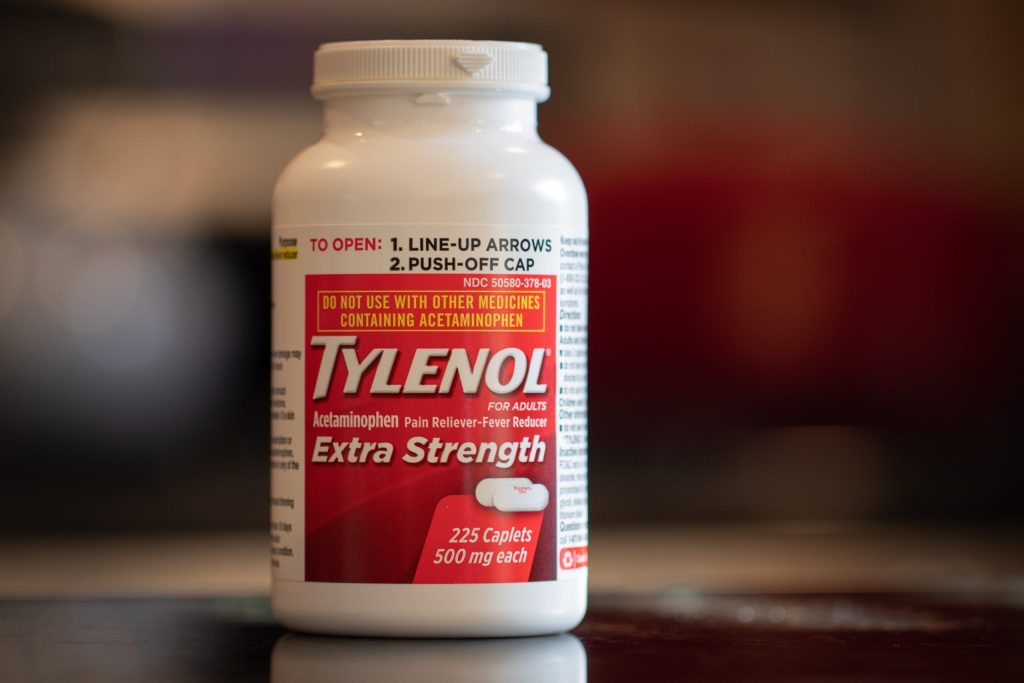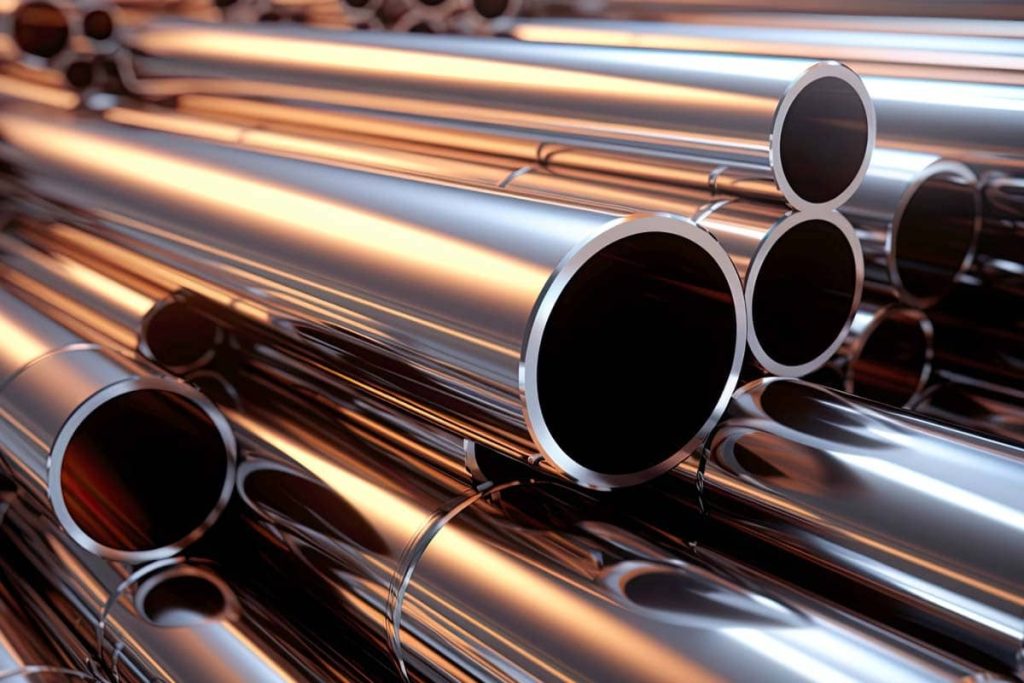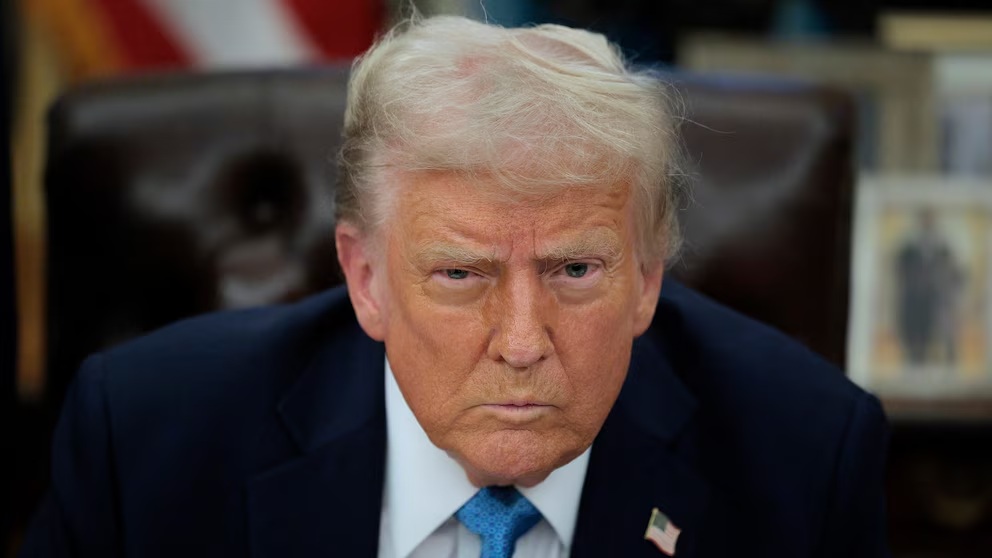In a quietly damning moment during a private call with top auto executives, President Donald Trump may have finally revealed the flaw at the heart of his trade policy. According to reporting by The Wall Street Journal, the president cautioned CEOs not to raise vehicle prices in response to the sweeping new tariffs he’s planning. The warning came cloaked in threat—an unsubtle gesture of executive pressure—but it also amounted to something else: a tacit acknowledgment that his tariff plan will almost certainly do the very thing he publicly denies—make cars more expensive for American consumers.
This isn’t just another instance of strong-arming corporate America, though it certainly echoes Trump’s pattern of coercive politics. The significance here is deeper and more revealing: Trump, in trying to preserve the optics of economic populism, has inadvertently conceded that the logic underpinning his trade agenda is built on sand.
Earlier this week, Trump announced a 25 percent tariff on all imported vehicles and parts. Economists, without hesitation, warned that such a move would trigger a spike in auto prices. Tariffs, after all, are taxes—on imports, yes, but also on the supply chains that run through them. Parts become pricier, and so does the final product. The idea that this will lead to cheaper cars, as Trump recently claimed, defies both economics and experience. His private appeal to automakers not to pass on the costs betrays his own disbelief in the fiction he’s selling.
More telling still is what Trump offered as a consolation: gratitude. Specifically, for his repeal of what he dubs Biden’s “electric-vehicle mandate”—a mischaracterization of federal subsidies and emissions rules designed to accelerate the shift toward cleaner, more sustainable transportation. In other words, he’s asking manufacturers to absorb the blow of his tariffs as a favor returned for killing policies that would have bolstered their long-term competitiveness in a transforming global market.
What emerges is not an industrial strategy but a whiplash vision of economic nationalism. Trump’s fight isn’t to strengthen American manufacturing per se—it’s to undo his predecessor’s climate-forward legacy. In January, he signed an executive order vowing to eliminate what he calls “unfair subsidies” favoring electric vehicles. In practice, this means repealing tailpipe emission rules, rolling back incentives for EV and battery plant construction, and attacking the very foundations of the Inflation Reduction Act—legislation designed to give the U.S. a stake in the future of mobility.
The irony is inescapable. According to data from the Princeton Repeat Project, by tearing down the incentives driving EV innovation, Trump could help cancel dozens of projects across the country and destroy as many as 100,000 jobs. These aren’t speculative jobs—they are the frontlines of a new industrial revolution: in EVs, in batteries, in domestic clean-energy supply chains. And while some might argue that green jobs simply replace traditional ones, global market trends tell a different story. China is dominating the EV sector; American retreat from it means ceding not just innovation, but entire sectors of employment growth.
As Princeton’s Jesse Jenkins puts it: “Electric vehicles are the future of employment growth in the industry… We either win it—or lose it to China.”
To stake the future of U.S. industry on fossil nostalgia, to hollow out the clean-energy economy out of spite for the previous administration, is not just shortsighted. It’s self-defeating.
What Trump seems to want is the return of low-skill, low-pay manufacturing work from a bygone era. But as economists like Paul Krugman and Adam Tooze have argued, this is a vision rooted in fantasy. Tariffs won’t resurrect mid-century factory towns. They’ll just make things cost more, while stifling the industries poised to thrive in the 21st century.
And here’s the contradiction at the heart of it all: Even if one accepts the populist premise that industrial labor offers moral and economic ballast to working-class life—an argument echoed by Vice President J.D. Vance—why not embrace the green manufacturing jobs that are already doing that? Many of them are accessible without a college degree. Many offer better wages and more security than the factory floor of the past. To reject them is to reject the very fusion of innovation and economic dignity that Vance claims to support.
Trump and his allies argue that dependence on green tech means dependence on China. But by scorning the policies that would create a self-sufficient clean-energy sector, they are, in effect, ensuring that dependency.
So when Trump warns auto executives not to raise prices—while simultaneously dismantling the future of domestic manufacturing—he isn’t just undercutting his argument. He’s exposing it. For all the bombast about tariffs and American greatness, there is no coherent strategy here. Only a past-looking fury masquerading as economic policy.
The result? An agenda that claims to defend American workers while gutting the industries most likely to employ them.






